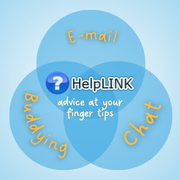
| Home | Quick Ask | Register | About | Today's Posts |
 |  |
| Get Advice | Connect with TeenHelp | Resources | |||
 |
 |




|
 Safety Zone Safety Zone Hotlines Hotlines
|
 Alternatives Alternatives Calendar Calendar
|
|
You are not registered or have not logged in |
| Hello guest! (Not a guest? Log in above!) As a guest you can submit help requests, create and reply to Forum posts, join our Chat Room and read our range of articles & resources. By registering you will be able to get fully involved in our community and enjoy features such as connect with members worldwide, add friends & send messages, express yourself through a Blog, find others with similar interests in Social Groups, post pictures and links, set up a profile and more! Signing up is free, anonymous and will only take a few moments, so click here to register now! |
|
Sex and Puberty For questions related to sex, puberty, birth control and sexual health, ask here!
«
Previous Thread
|
Next Thread
»
|
|
| |||||||||||||||||||||||||||||||||||||||||||||||||||
All material copyright ©1998-2024, TeenHelp.
Terms | Legal | Privacy | Conduct | Complaints | Mobile
Terms | Legal | Privacy | Conduct | Complaints | Mobile
 Log in (
Log in (









